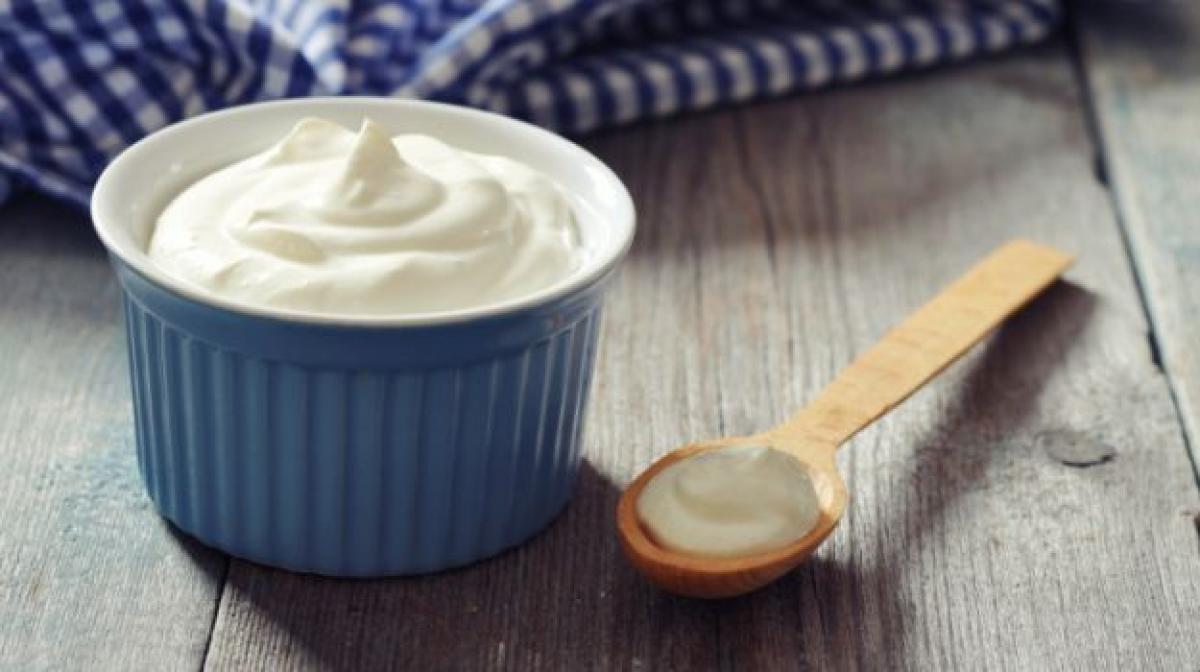Dairy products are low on Iodine, here's why it matters

Milk and dairy products are believed to be one of the richest sources for iodine in many diets.But, it is now believed that the iodine concentration of most alternatives to cows\' milk, such as soy and almond milk is very low, reports The Independent.
Milk and dairy products are believed to be one of the richest sources for iodine in many diets.But, it is now believed that the iodine concentration of most alternatives to cows' milk, such as soy and almond milk is very low, reports The Independent.
This is considered to be very important because deficiency of iodine, especially during pregnancy, affects brain development and is linked to lower intelligence.
The researchers measured the iodine concentration of 47 milk substitutes available in the UK, including a range of different types: soya, almond, oat, rice, coconut, hazelnut and hemp.
It was found that most milk substitutes were naturally low in iodine; their concentration was around 2 per cent of that of cows' milk. And only three of the 47 drinks were fortified with iodine.
While some manufacturers replace the calcium found in cows' milk, the vast majority, including big brands, do not replace the iodine.
Cows' milk is an excellent source of iodine, with a glass (200g) providing around 70µg (micrograms): a considerable proportion of the 150µg iodine intake recommended for European adults every day.
Severe iodine deficiency during pregnancy is well known to cause impaired brain development and lead to lower IQ in the infant.
It is for that reason that many countries have added iodine to table salt (iodised salt) in order to improve iodine intake and reduce the impact of deficiency on population health.
As a result, the number of countries with severe iodine deficiency has been reduced, but some countries are still classified as mildly-to-moderately iodine deficient.
Of course, milk is not the only source of iodine. Other rich sources include seafood, particularly white fish such as cod. Eggs are also a good source of iodine.
For people who cannot or will not eat these alternative sources - such as vegans or those who dislike fish - it can be hard to meet the recommended iodine intake.
Some people may therefore need to consider a suitable iodine supplement to ensure that their intake is adequate.
Unfortunately, there is no test for iodine deficiency. To know if you're getting enough iodine, you need to consider whether iodine sources are part of your diet.

















